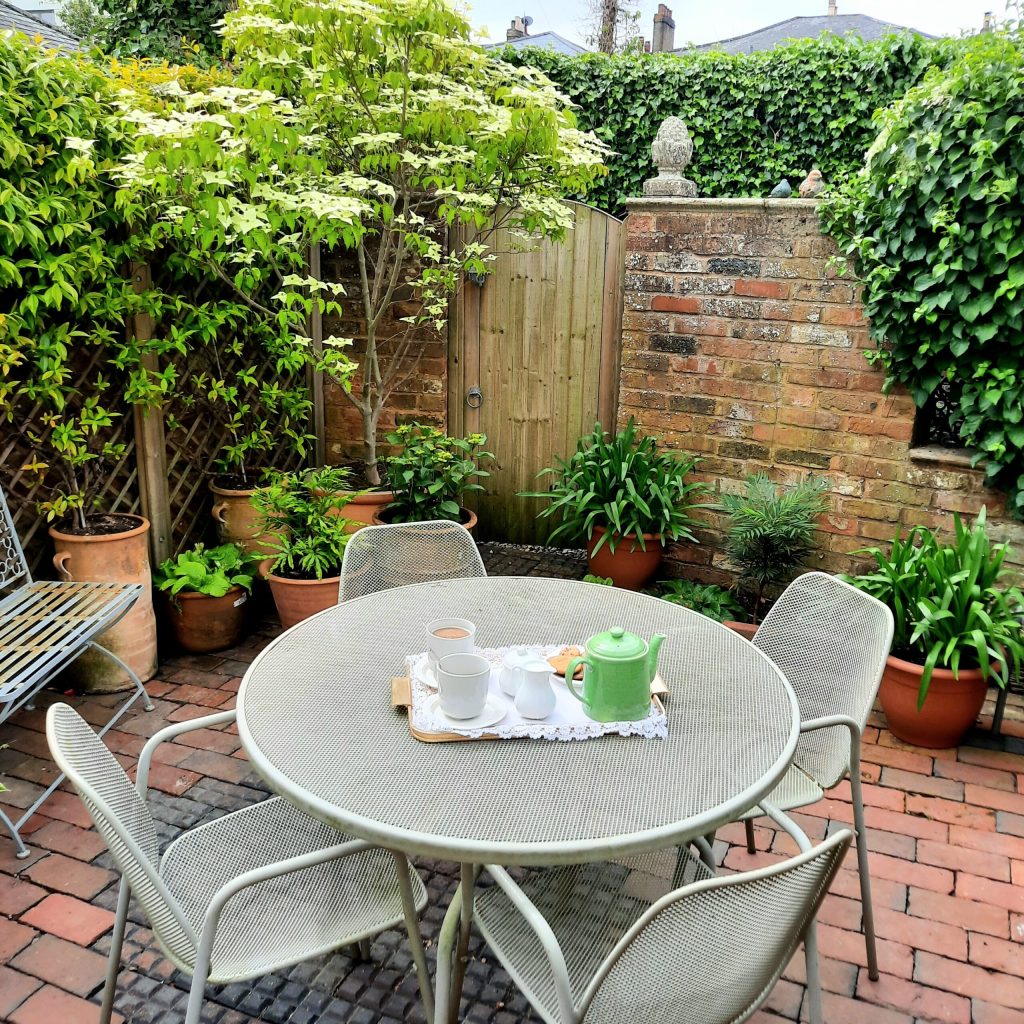Gardening has long been known to have numerous physical health benefits, but its positive effects on mental health are often overlooked. In recent years, there has been increasing research supporting the idea that gardening can have a significant impact on reducing stress, anxiety, and depression. In this article, we will explore various ways in which gardening can improve your mental well-being.
1. Stress Reduction:
One of the most significant benefits of gardening is its ability to reduce stress levels. Many studies have shown that spending time in a garden can lower cortisol levels, which is the hormone responsible for stress. The act of gardening, whether it’s planting flowers, tending to vegetables, or simply weeding, can be a meditative and calming activity that allows you to focus on the present moment and disconnect from the stressors of everyday life.
2. Connection to Nature:
Gardening provides an excellent opportunity to connect with nature, which has been shown to have a positive impact on mental health. Being outdoors and surrounded by greenery can improve mood, increase feelings of well-being, and reduce symptoms of anxiety and depression. The sights, sounds, and smells of a garden can be incredibly soothing and can help to lift your spirits on even the gloomiest of days.
3. Physical Activity:
Gardening is a great way to get some exercise without having to hit the gym. Activities such as digging, planting, weeding, and watering can help to improve flexibility, strength, and endurance. Regular physical activity has been linked to improved mental health, as it can release endorphins, the “feel-good” hormones that can boost your mood and reduce feelings of anxiety and depression.
4. Mindfulness:
Gardening can be a form of mindfulness practice, as it encourages you to be present in the moment and fully engage with the task at hand. Paying attention to the sensations of soil beneath your fingers, the colors of the flowers, and the sounds of birds chirping can help to quiet a racing mind and cultivate a sense of calm and peace. This focused attention can help to reduce rumination and negative thought patterns, allowing you to find relief from the constant chatter of your mind.
5. Sense of Accomplishment:
Gardening provides a sense of accomplishment that can boost self-esteem and confidence. Watching your plants grow and thrive under your care can be incredibly rewarding and can give you a sense of purpose and meaning. This positive reinforcement can help to improve your mood and make you feel more positive about yourself and your abilities.
6. Social Connection:
Gardening can be a social activity that allows you to connect with others and build relationships. Joining a community garden or sharing your gardening experiences with friends and family can provide a sense of camaraderie and support. Social connections are essential for mental health, as they can provide a sense of belonging, reduce feelings of loneliness, and improve overall well-being.
7. Therapeutic Benefits:
Gardening has been used as a form of therapy for individuals dealing with a range of mental health challenges, including anxiety, depression, PTSD, and addiction. Horticultural therapy programs have been shown to improve mood, reduce symptoms of mental illness, and increase feelings of self-worth and empowerment. Gardening can be a therapeutic outlet for processing emotions, finding solace in nature, and rebuilding a sense of hope and resilience.
In conclusion, gardening can be a powerful tool for improving mental health and well-being. Its ability to reduce stress, connect you to nature, provide physical activity, cultivate mindfulness, boost self-esteem, foster social connections, and offer therapeutic benefits make it an accessible and effective way to support your mental health. Whether you have a green thumb or are a novice gardener, spending time in a garden can bring a sense of peace, joy, and fulfillment that can positively impact your mental health for years to come. So grab your shovel and gloves and start planting – your mind will thank you.

